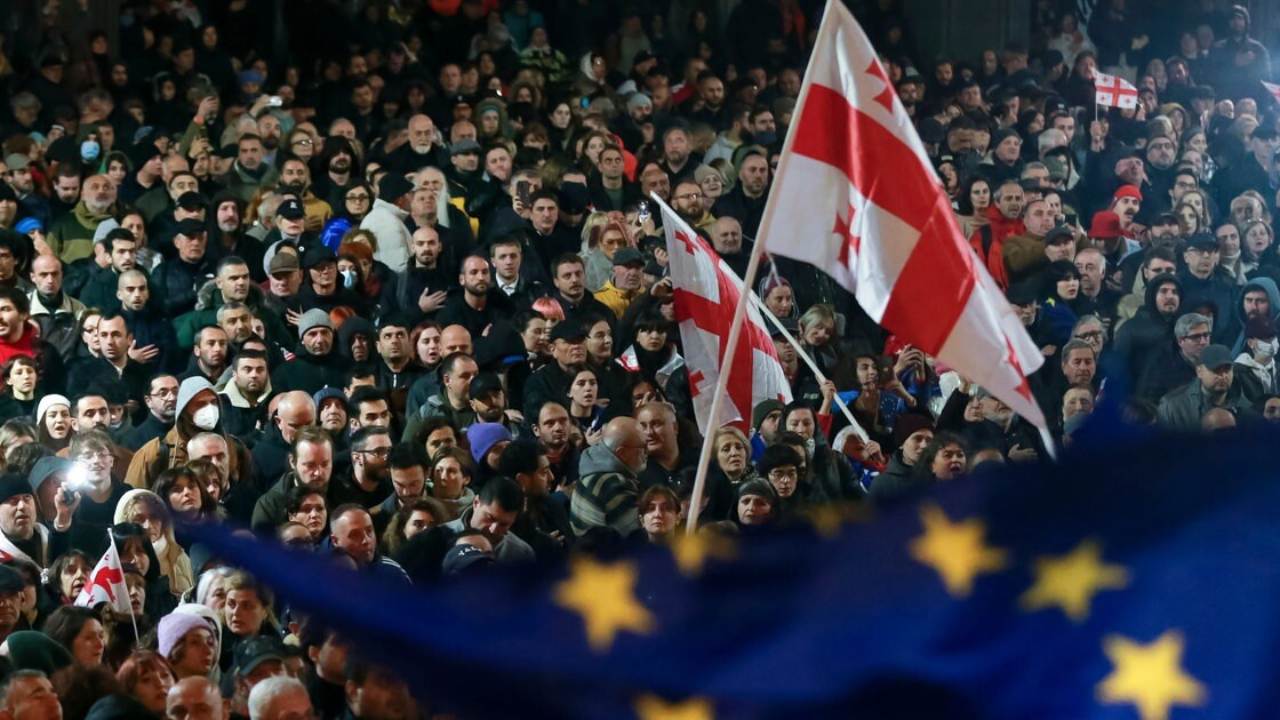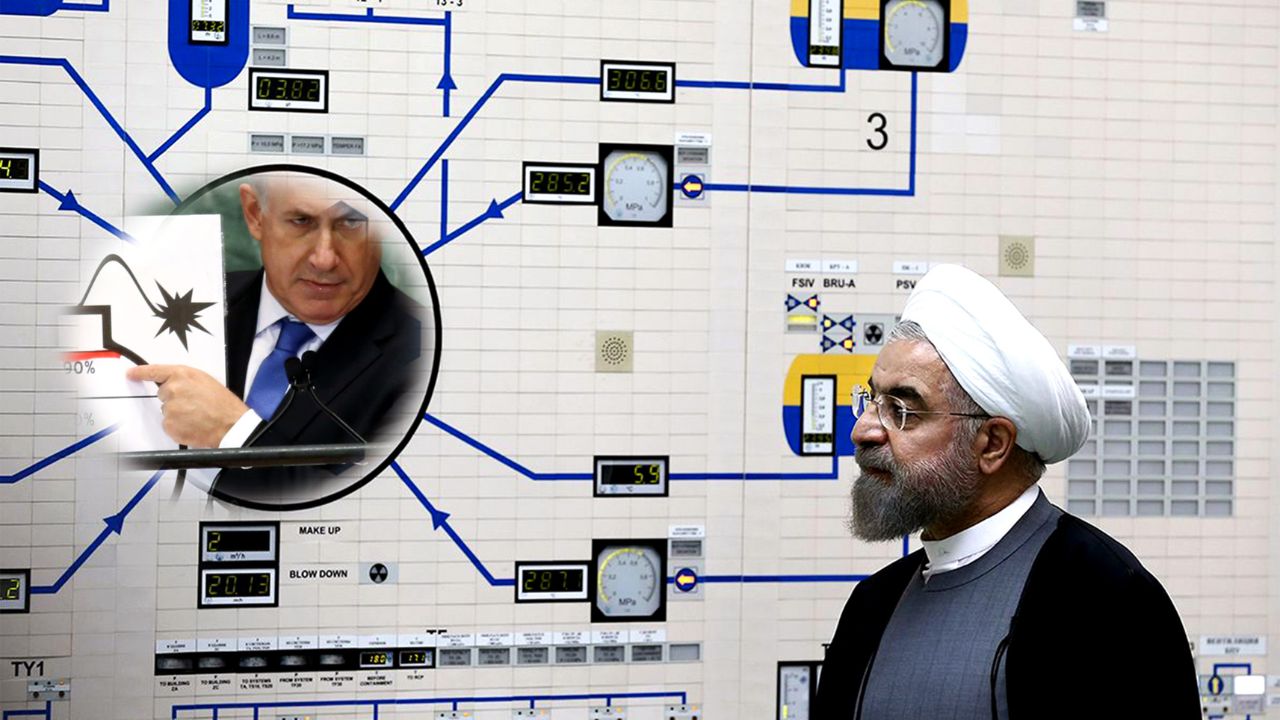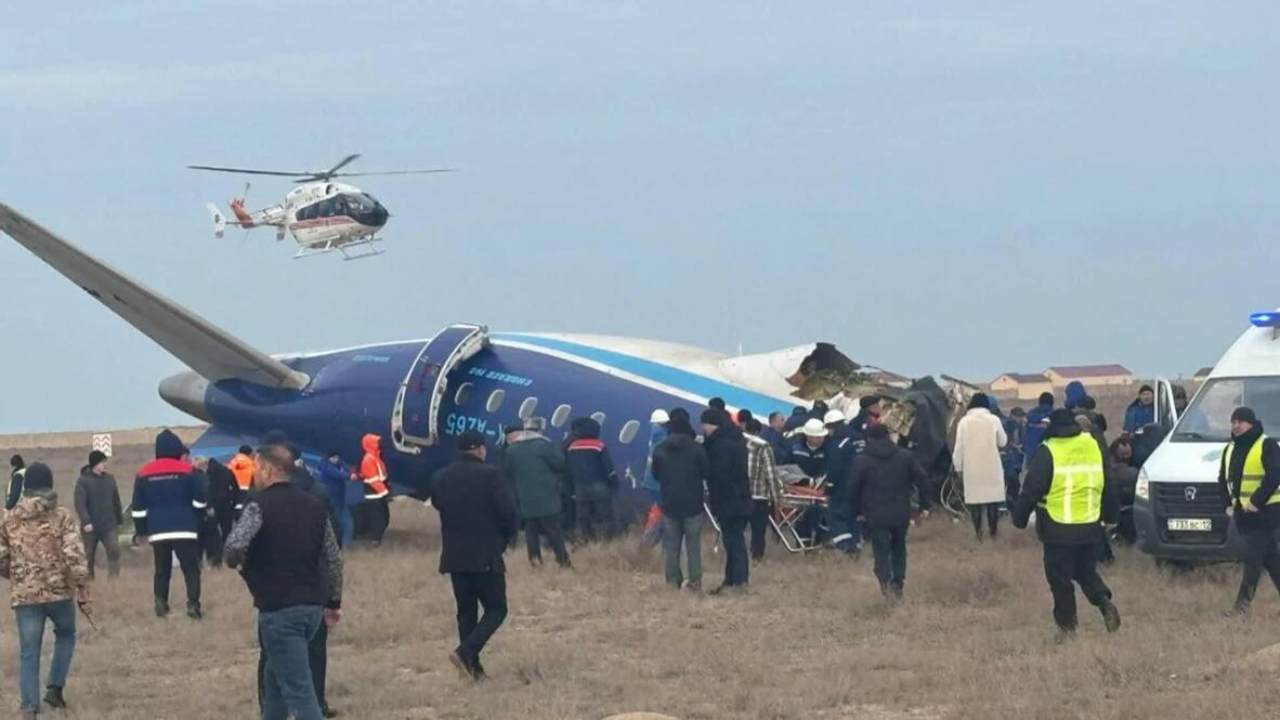
Publication
The 9-month phase of the West–Georgia discordance: the aftermath of the adoption of the widely debated law and the background of the struggle against it
The article presents events that took place in and around Georgia during the period from April to October 2024 (up to the parliamentary elections held on October 26).
Iran between Scylla and Charybdis
The article continues a series of studies on the influence of nuclear weapons on the processes taking place in our region. In the sense article touches upon some aspects of Iran's nuclear program that are little or not covered in Armenian analytical literature.
The crash of the AZAL liner in the context of I. Aliyev’s Russian policy
The crash of the Embraer E190 aircraft of the Azerbaijani airline AZAL on December 25, 2024, revealed the fact that, contrary to their declared statements, relations between Russia and Azerbaijan are experiencing a difficult period.
The 9-month phase of the West–Georgia discordance: The aftermath of the adoption of the widely debated law and the background of the struggle against it (Part I)
The article presents events that took place in and around Georgia during the period from April to October 2024 (up to the parliamentary elections held on October 26).
On Turkey’s new natural gas ambitions
After the collapse of B. Assad's regime in Syria, there has been increased discussion in the global media about the “Qatar Gas Pipeline”, which is planned to run from the Persian Gulf to Europe.
Baku’s failure on the “Indian track”
On December 16, 2024, it became known that Baku was attempting to secure arms supply contracts with India through the mediation of a “third country”.
Crisis in Transnistria: possible scenarios
Ukraine's decision to halt the transit of Russian gas to Europe as of January 1, 2025, will most severely impact Moldova.
On Turkey’s attempts to reconcile Azerbaijan and Armenia
The process of signing a peace agreement between Armenia and Azerbaijan is currently delayed. Based on the limited information available about the negotiations, it is difficult to speak about the timing of the final stage, if it happens at all.
On the Russian Federation’s geopolitical combination on the Georgian-Abkhazian track
On December 14, 2024, presidential elections were held in Georgia under the new Constitutional law.
On the USA and Israel’s “Kurdish Project” within the “Syrian Case”
Just a day after the fall of B. Assad’s regime, it became clear that the integrity of Syria is a challenging task. The processes that run counter to the interests of the Syrian sovereignty began much earlier.









